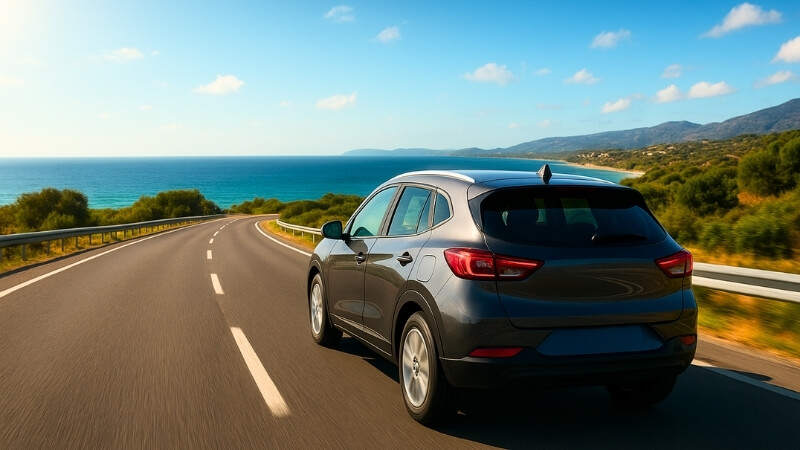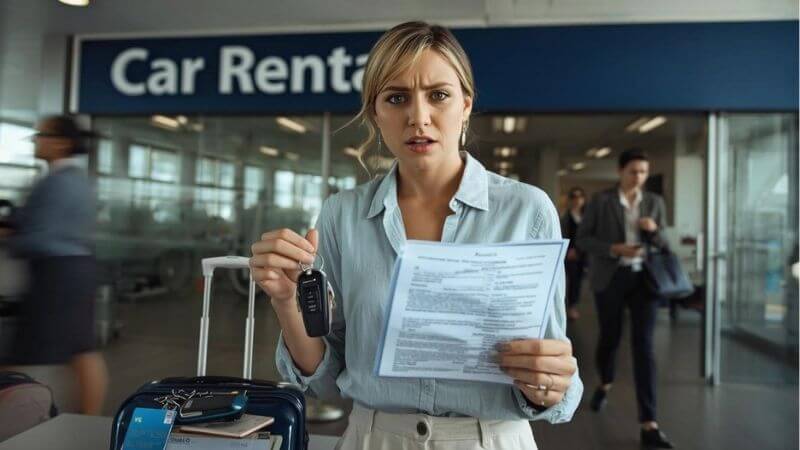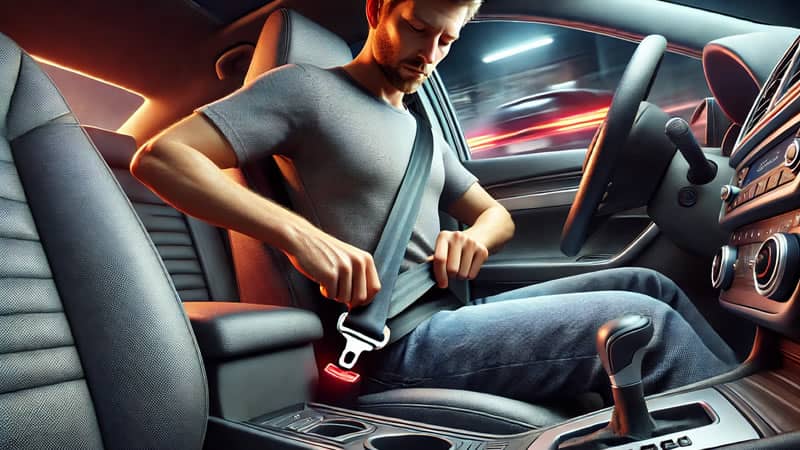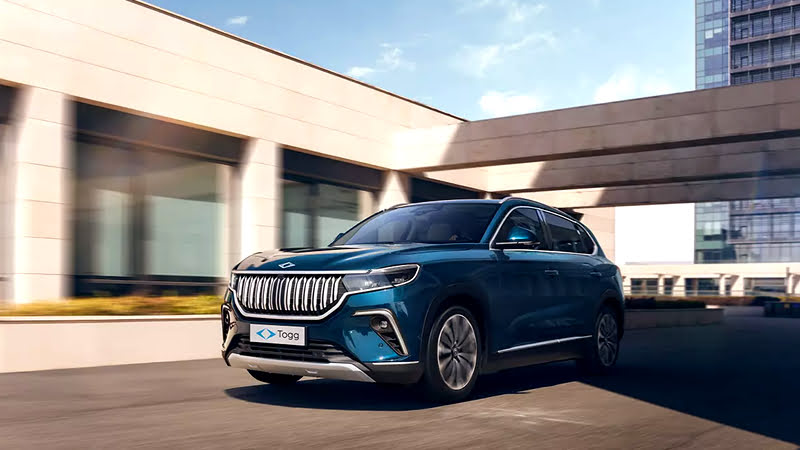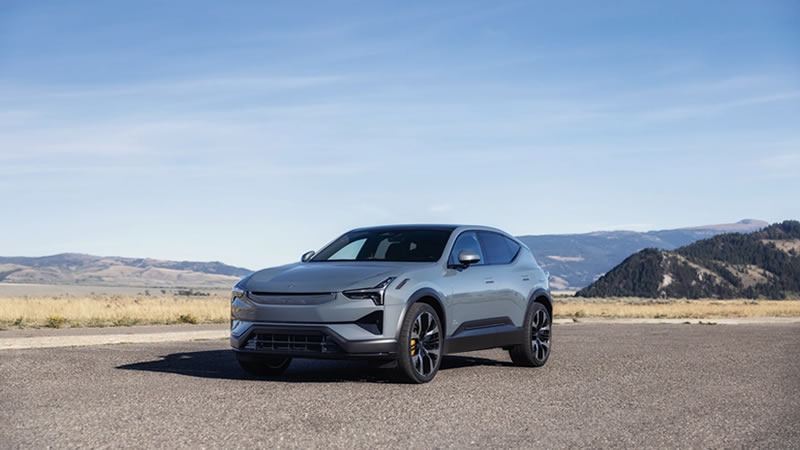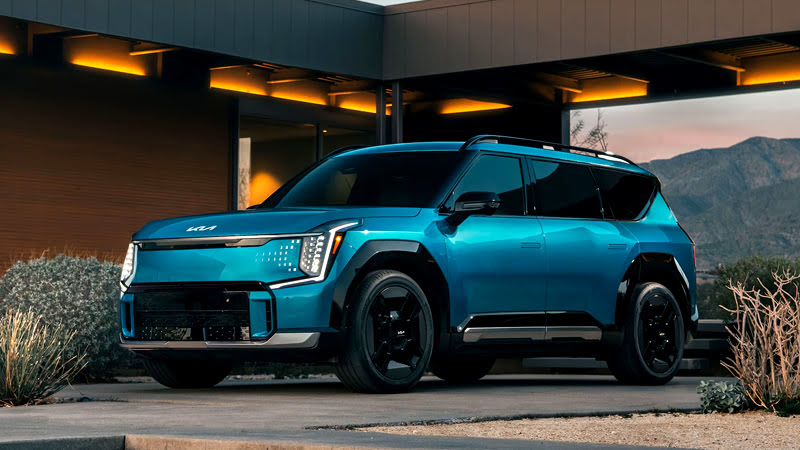What to Consider When Buying a Second-Hand Car
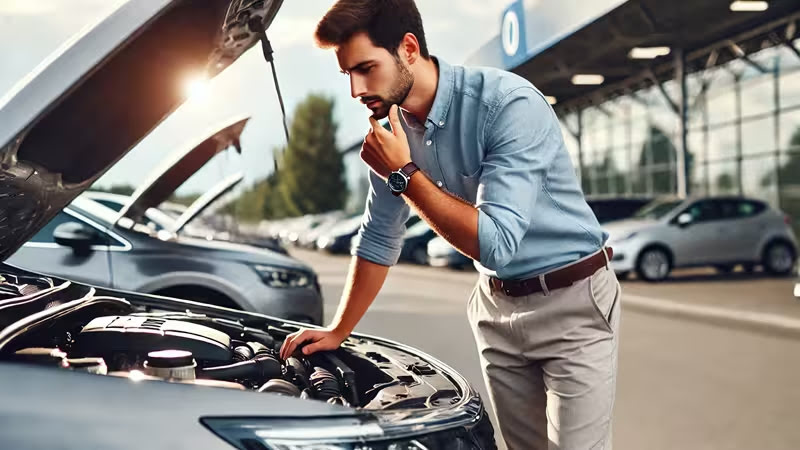
Buying a second-hand car in Türkiye is a significant investment due to high automobile prices. However, making the right choice and purchasing a reliable vehicle requires attention to many factors. This guide will cover the most important points to consider when buying a used car in detail.
Determine Your Budget and Choose a Vehicle That Meets Your Needs
Before purchasing a second-hand car, you must clearly define your budget. Consider not only the car’s price but also taxes, insurance, maintenance, and possible repair costs. Additionally, determining the purpose of your vehicle is crucial. You should narrow down your options based on your needs, such as city driving, long-distance travel, or a spacious family car.
Check the Vehicle History
A vehicle’s history is one of the most critical factors determining its future performance. By checking the insurance claim record (Tramer report), you can learn about the car’s previous accidents, insurance transactions, and replaced parts. It is also important to check how many previous owners the car had and how long it was used.
Pay Attention to Mileage
Mileage is a crucial indicator of a car’s wear and tear. Cars with low mileage may not always be the best option, as some sellers may manipulate the mileage to mislead buyers. Therefore, verifying the actual mileage through service records is essential.
Obtain an Inspection Report
When buying a second-hand car, getting a report from an authorized inspection company can help you detect possible mechanical and structural issues in advance. Critical aspects such as the engine, transmission, braking system, suspension, and paint condition should be thoroughly examined.
Check the Engine and Mechanical Components
The engine is one of the most crucial components when purchasing a car. You should check the engine sound, oil leaks, exhaust smoke color, and overall mechanical condition. A test drive is essential to determine whether the engine runs smoothly without strain.
Inspect the Body and Paint Condition
Vehicles that have been involved in accidents or had repairs may cause problems in the long run. By measuring the paint thickness on the body, you can identify replaced or repainted parts, which may indicate past accidents.
Examine the Chassis and Steering System
The chassis is the most critical component determining a vehicle's structural integrity. If a car has been in a severe accident and sustained chassis damage, it may pose safety risks in the future. Ensure the steering system functions properly and that the car drives straight on the road.
Test Electrical and Electronic Components
Modern vehicles are equipped with numerous electronic systems. Ensure that electrical components such as air conditioning, headlights, windows, central locking, and multimedia systems are functioning correctly. Electrical failures can lead to costly repairs.
Check Tire Condition and Manufacturing Date
Tires significantly impact a vehicle’s road grip. Check the tread depth and manufacturing date of the tires. Tires older than five years can harden and negatively affect road handling.
Verify Vehicle Registration and Tax Status
Before purchasing a second-hand car, ensure that the registration details and chassis number match the engine number. You can also check whether the vehicle has unpaid Motor Vehicle Tax (MTV) via the e-Government system.
Take a Test Drive
Before making a final decision, take the car for a test drive. Assess the steering, brakes, suspension, and overall driving comfort to determine whether the vehicle suits you. Additionally, observe if there are any issues with acceleration and gear shifts.
Research Market Value
Conducting market research before buying a used car can protect you from overpaying. Compare similar models on different platforms and advertisement websites to determine the vehicle’s actual market value. Be cautious of vehicles priced significantly below market value.
Buy from a Trusted Seller
Be cautious when purchasing from individual sellers or dealerships. Corporate dealers often offer vehicles with warranties, making them a more reliable option. When buying from an individual seller, ensure that a notarized sales contract is in place.
Secure Payment and Sales Transactions
Do not transfer any payment before the official notary sale is completed. Making the payment through a bank with a clear explanation reduces the risk of fraud. Additionally, carefully review the notary sales agreement and ensure the vehicle’s ownership transfer is finalized before making any payment.
Don't Forget to Get Insurance Immediately!
According to the new regulation that came into effect on December 5, 2024, buyers must obtain mandatory traffic insurance in their name before completing the notary sales transaction. The notary will not proceed with the sale unless the insurance policy is registered in the system.
Buying a second-hand car is a process that requires attention and diligence. By following the right steps, you can find a vehicle that fits your budget and is reliable. Remember, conducting thorough research and seeking expert opinions can help you avoid potential problems. Overlooking even a minor detail can lead to significant expenses in the future. By carefully evaluating each step, as outlined in this guide, you can become the owner of a safe and trouble-free second-hand vehicle while preventing potential issues.
Planning and Needs Analysis
Determine Your Budget and Choose a Vehicle That Meets Your Needs
Before purchasing a second-hand car, you must clearly define your budget. Consider not only the car’s price but also taxes, insurance, maintenance, and possible repair costs. Additionally, determining the purpose of your vehicle is crucial. You should narrow down your options based on your needs, such as city driving, long-distance travel, or a spacious family car.
Vehicle Condition Inspection
Check the Vehicle History
A vehicle’s history is one of the most critical factors determining its future performance. By checking the insurance claim record (Tramer report), you can learn about the car’s previous accidents, insurance transactions, and replaced parts. It is also important to check how many previous owners the car had and how long it was used.
Pay Attention to Mileage
Mileage is a crucial indicator of a car’s wear and tear. Cars with low mileage may not always be the best option, as some sellers may manipulate the mileage to mislead buyers. Therefore, verifying the actual mileage through service records is essential.
Obtain an Inspection Report
When buying a second-hand car, getting a report from an authorized inspection company can help you detect possible mechanical and structural issues in advance. Critical aspects such as the engine, transmission, braking system, suspension, and paint condition should be thoroughly examined.
Check the Engine and Mechanical Components
The engine is one of the most crucial components when purchasing a car. You should check the engine sound, oil leaks, exhaust smoke color, and overall mechanical condition. A test drive is essential to determine whether the engine runs smoothly without strain.
Inspect the Body and Paint Condition
Vehicles that have been involved in accidents or had repairs may cause problems in the long run. By measuring the paint thickness on the body, you can identify replaced or repainted parts, which may indicate past accidents.
Examine the Chassis and Steering System
The chassis is the most critical component determining a vehicle's structural integrity. If a car has been in a severe accident and sustained chassis damage, it may pose safety risks in the future. Ensure the steering system functions properly and that the car drives straight on the road.
Test Electrical and Electronic Components
Modern vehicles are equipped with numerous electronic systems. Ensure that electrical components such as air conditioning, headlights, windows, central locking, and multimedia systems are functioning correctly. Electrical failures can lead to costly repairs.
Check Tire Condition and Manufacturing Date
Tires significantly impact a vehicle’s road grip. Check the tread depth and manufacturing date of the tires. Tires older than five years can harden and negatively affect road handling.
Legal and Financial Procedures
Verify Vehicle Registration and Tax Status
Before purchasing a second-hand car, ensure that the registration details and chassis number match the engine number. You can also check whether the vehicle has unpaid Motor Vehicle Tax (MTV) via the e-Government system.
Take a Test Drive
Before making a final decision, take the car for a test drive. Assess the steering, brakes, suspension, and overall driving comfort to determine whether the vehicle suits you. Additionally, observe if there are any issues with acceleration and gear shifts.
Research Market Value
Conducting market research before buying a used car can protect you from overpaying. Compare similar models on different platforms and advertisement websites to determine the vehicle’s actual market value. Be cautious of vehicles priced significantly below market value.
Safe Purchase Process
Buy from a Trusted Seller
Be cautious when purchasing from individual sellers or dealerships. Corporate dealers often offer vehicles with warranties, making them a more reliable option. When buying from an individual seller, ensure that a notarized sales contract is in place.
Secure Payment and Sales Transactions
Do not transfer any payment before the official notary sale is completed. Making the payment through a bank with a clear explanation reduces the risk of fraud. Additionally, carefully review the notary sales agreement and ensure the vehicle’s ownership transfer is finalized before making any payment.
Compulsory Traffic Insurance
Don't Forget to Get Insurance Immediately!
According to the new regulation that came into effect on December 5, 2024, buyers must obtain mandatory traffic insurance in their name before completing the notary sales transaction. The notary will not proceed with the sale unless the insurance policy is registered in the system.
Buying a second-hand car is a process that requires attention and diligence. By following the right steps, you can find a vehicle that fits your budget and is reliable. Remember, conducting thorough research and seeking expert opinions can help you avoid potential problems. Overlooking even a minor detail can lead to significant expenses in the future. By carefully evaluating each step, as outlined in this guide, you can become the owner of a safe and trouble-free second-hand vehicle while preventing potential issues.

